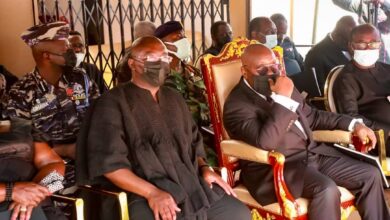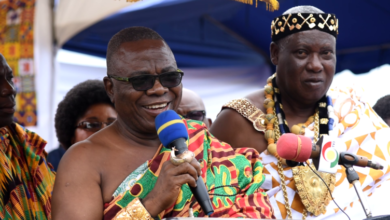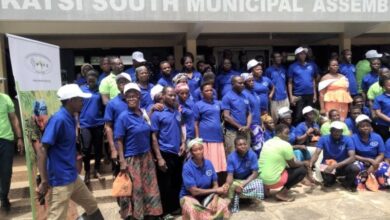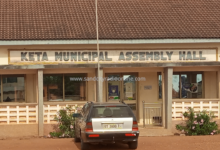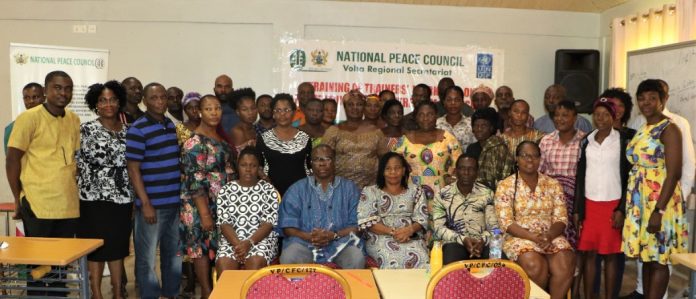
Ketu residents receive training on violent extremism, terrorism
Some women and youth in the Micro, Small and Medium Scale Enterprises (MSMEs) sector in Ketu South are undergoing a training to build their capacity to embrace peace, promote social cohesion, and to prevent violent extremism.
The three-day training of trainers’ workshop by National Peace Council (NPC) funded by the United Nations Development Programmes (UNDP) would take participants, including hairdressers, fish processors, traders, farmers and drivers, through topics like understanding conflict and conflict prevention.
Other topics were the “Overview of extremist violence in the Sahel; Why and how violent extremism impacts economic activities; Prevention of Violent Extremism; Role of women and youth in preventing violent extremism; Early warning and response in preventing violent extremism; Citizens rights and responsibilities; Identification of practical risks and threats to border communities; and understanding whole-community approach to preventing violent extremism.
Miss Melody Azinim, the Programme Analyst, who represented Dr Angela Lusigi, UNDP Resident Representative in Ghana at the opening session, alluded to the recent acts of violent extremism in neighbouring countries and said Ghana required both a security and development approach to counter violent extremism and to retain her leadership on peace in the region.
She urged the Government not to overconcentrate on militarised approaches but pay closer attention to underlying conditions that could drive people to radicalise and join violent extremist groups.
She said the Government should collaborate with other institutions in the country to identify the threats of violent extremism and terrorism and provide the “architecture, context, and strategy to prevent and counter the threat.”
“Just a few weeks, we heard of the attacks in Togo and the increasing mass killing of community members in Burkina Faso by extremist groups.
Border communities have particularly been areas of concern with places such as Ketu South, which greatly relies on trade with Togo.
“These threats have a potential of threatening the country’s democratic and development gains.”
Dr Lusigi expressed excitement about UNDP’s partnership with the NPC for the training, which she said was one of the many ways her organisation was contributing to Ghana’s efforts towards preventing violent extremism from taking a hold in the country.
“UNDP will continue to work with the different actors to ensure that Ghana advances its enviable record as a beacon of stability and peace in Africa,” she concluded.
Rev Seth Mawutor, the Chairman, Volta Region NPC, explained that the women and youth led MSMEs were carefully selected for the workshop based on intelligence gathering that identified them as carrying high risks of exposure to extremist and terrorist infiltration and recruitment.
He urged all participants to take advantage of the workshop, participate actively in all sessions hoping that “at the end of the workshop, the knowledge gained will help you play an advocacy role in your sectors and various communities.”
Mr Moses Attipoe, a participant in an interview with the Ghana News Agency, thanked UNDP and NPC for the training, saying, he had already learned a lot and he intended sharing with others so that together, Ketu South and Ghana could be safe from activities and impacts of extremist groups.
Source:GNA
